2 August 2021
Fernand des Varennes
UN Special Rapporteur on Minority Issues
Statement on the occasion of 2 August 2021, Holocaust Memorial Day for Sinti and Roma
W nocy z drugiego na trzeciego sierpnia 1944 r. prawie 3000 mężczyzn, kobiet i dzieci należących do mniejszości Sinti i Romów zostało zamordowanych przez reżim hitlerowski w komorach gazowych w Auschwitz. Szacuje się, że między 25 do 50 % z milionowej populacji Sinti i Romów w Europie poddano celowej eksterminacji. To jest właśnie to, co Europejski Dzień Pamięci o Holokauście Sinti i Romów dzisiaj symbolizuje. Ale w rzeczywistości to znacznie więcej. Dzisiaj moje biuro ds. mniejszości ONZ wydaje komunikat prasowy, w którym ostrzega że tak jak członkowie społeczności żydowskiej oraz mniejszości Sinti i Romów były przedstawiane jako obce dla narodu, a nawet jako zagrożenie dla wartości i kultury w nazistowskich Niemczech, Sinti i Romowie ponownie muszą się zmierzyć z coraz ostrzejszą retoryką podziałów. Być może zapominamy, że Holocaust nie zaczął się od komór gazowych, zaczął się od mowy nienawiści przeciwko mniejszościom. Naziści skutecznie wykorzystywali propagandę, by zdobyć poparcie milionów Niemców, by uzasadnić prześladowania, wojnę, a w końcu ludobójstwo głównie mniejszości Żydów oraz Sinti i Romów. Niestety, dziś platformy mediów społecznościowych ponownie powielając nietolerancję i uprzedzenia i pozwalając tysiącom małych Josephów Goebbelsów szerzyć propagandę nienawiści i rasizmu docierając niemal natychmiast do ogromnej ilości ludzi, powodują realne szkody, dosłownie doprowadzając do tego, że konkretni ludzie są szkalowani, wytykani palcami, ustawiani w szeregu, linczowani i masakrowani, ponieważ należą do tych zdehumanizowanych, zazwyczaj i też w przeważającej większości, do mniejszości obranych na celownik. W związku z tym wezwałem w tym dniu, który symbolizuje ludobójstwo Sinti i Romów, aby szersze uznanie tego ludobójstwa dokonanego na Sinti i Romach dotarło jeszcze dalej w celu pilnego zwrócenia uwagi na rosnącą nietolerancję, demonizowanie i nawoływanie do nienawiści wobec Romów i innych mniejszości na całym świecie. Państwa muszą zrobić więcej, aby proaktywnie zwalczać rosnące oznaki nietolerancji i ataki na Romów i inne mniejszości, w szczególności w mediach społecznościowych i w przestępstwach z nienawiści. Także wydałem ostrzeżenie, że "Mniejszości, doświadczają znacznego wzrostu mowy nienawiści, ale także obieranych na celownik przez polityków i innych, kiedy są one napiętnowane jako zagrażające 'innym'. Państwa nie mogą zapominać o Holokauście Sinti i Romów. Muszą dokonać refleksji i podjąć działania w celu rozwiązania problemu wykluczenia i dyskryminacji, z którymi dzisiaj boryka się również wiele innych mniejszości, a także podjąć konkretne kroki wobec rosnącego poziomu mowy nienawiści w mediach społecznościowych, używanych jako propagandowe nośniki nietolerancji, a nawet jako narzędzia do podżegania do przemocy i dyskryminacji. Pomimo rzeczywistego postępu, jaki się dokonał dzięki wielu Sinti i Romom w Europie, ta wirtualna ceremonia obchodów Europejskiego Dnia Pamięci o Ofiarach Holokaustu Sinti i Romów jest znaczącym wydarzeniem, ponieważ nie tylko oficjalnie uznaje to, co wydarzyło się w przeszłości, ale może również służyć do uwydatnienia tego, o co należy nadal walczyć o czego należy chronić, a jest to pełne poszanowanie praw człowieka dla mniejszości Sinti i Romów, oraz jak tylko można zrobić więcej, trzeba zrobić więcej, rozpoznać utrzymujące się, a może i pogłębiające się, przypadki rasizmu, nietolerancji i wykluczenia doświadczane przez Sinti, Romów i inne mniejszości. Jest to niezbędne ze względu na bardzo realną możliwość, że rasizm i dyskryminacja będzie się pogłębiać, chyba że rządy staną się bardziej proaktywne w walce z mową nienawiści wobec Romów i innych mniejszości. Pamięć o ludobójstwie, pamięć o historii oznacza życie w odpowiedzialności za teraźniejszość i przyszłość. To oznacza podejmowanie kroków do obrony praw i poszczególnych żyć członków społeczeństwa, którzy są najbardziej bezbronni i najbardziej wykluczeni. Te obchody Centralnej Rady Niemieckich Sinti i Romów oraz Stowarzyszenia Romów w Polsce w kooperacji z Państwowym Muzem Auschwitz-Birkenau to ważny wkład w konieczne upamiętnianie tego, co miało miejsce i przypominanie nam wszystkim tego, co jest potrzebne, aby być czujnym, żeby to się już nigdy nie powtórzyło. Merci, dziękuję. Gratuluję i dziękuję Wam, merci et bonnes délibérations.
But it’s actually much more than that. Today my United Nations mandate on minority issues is issuing a press release which warns that just as members of the Jewish and Sinti and Roma minorities were portrayed as alien to the nation and even threats to the values and culture in Nazi Germany, Sinti and Roma again today are facing a backdrop of increasingly divisive rhetoric. We forget perhaps that the Holocaust did not begin with gas chambers, it started with hate speech against minorities. The Nazis effectively used propaganda to win the support of millions of Germans to facilitate persecution, war, and ultimately genocide of mainly the Jewish, Sinti and Roma minorities.
Unfortunately today, social media platforms are again amplifying intolerance and prejudice and allowing thousands of little Joseph Goebbels to spew propaganda of hate and racism reaching almost immediately huge numbers of people causing real harm, literally leading to individuals around the world being vilified, pointed out, lined up, lynched and massacred because they belong to dehumanised others, usually, overwhelmingly targeted minorities.
I therefore called for on this day marking the Sinti and Roma Genocide be used as an opportunity for greater acknowledgment of the Sinti and Roma genocide in order to address as a matter of urgency the increasing intolerance, demonizing and hate speech targeting of Roma and other minorities around the world.
States must do more to proactively combat rising signs of intolerance and attacks against Romani and other minorities, particularly in social media and in hate crimes. I also gave this warning that “Minorities, are experiencing significant increased in hate speech but also targeting by politicians and others where they are stigmatised as threatening ‘others’.
States must not forget the holocaust of the Sinti and Roma. They need to reflect and act to address the exclusion and discrimination too many face today, also experienced by many other minorities as well as to take concrete steps to address the increasing high levels of hate speech in social media as propaganda mediums of intolerance and even tools of incitement to violence and discirminations..
Despite the real progress that has been made by many Sinti and Roma minorities in Europe, this virtual commemoration ceremony of the European Holocaust Memorial Day for Sinti and Roma is a significant event because it not only acknowledges what has occurred in the past, it can also serve to highlight what must continue to be fought for and protected, and that is the full respect of the human rights of Sinti and Roma minorities, as well as that more can be done, more must be done, to recognise the continuing, and perhaps exacerbating, instances of racism, intolerance and exclusion experienced by Sinti, Roma and other minorities. This is essential because of the very real possibility that racism and discrimination will get worse unless governments are more pro active against hate speech against Roma and other minorities. Remembering the genocide, remembering history means living responsibility for the present and the future. And that means taking steps to defend the rights and lives of society’s most vulnerable and marginalised. This commemoration by the Central Council of German Sinti and Roma and the Association of Roma in Poland in cooperation with the Auschwitz-Birkenau State Museum is an important part in the necessary remembrance of what has occurred, and in reminding all of us that we need to be vigilant so it never happens again.
Merci, thanks.
So congratulations, Thank you, merci et bonnes délibérations.
Statements 2021

Romani Rose
Przewodniczący Centralnej Rady Niemieckich Sinti i Romów

Katarina Barley
Vice President of the European Parliament

Helena Dalli
Komisarz ds. Równości Unii Europejskiej

Claudia Roth
Vice President of the German Bundestag

Paul Blokhuis
Dutch State Secretary Paul Blokhuis
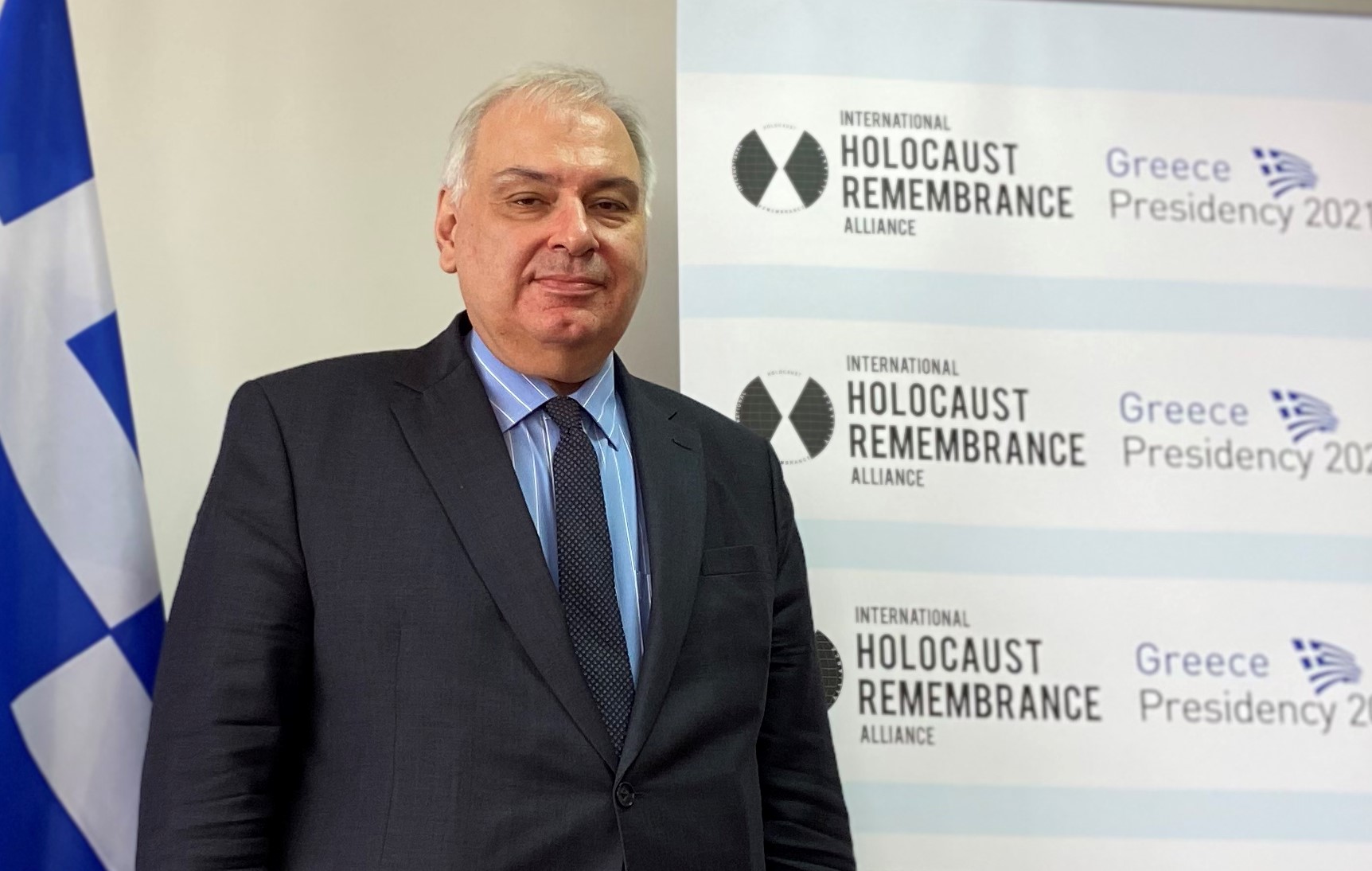
Chris J. Lazaris
Amb. Chris J. Lazaris, IHRA Chairman
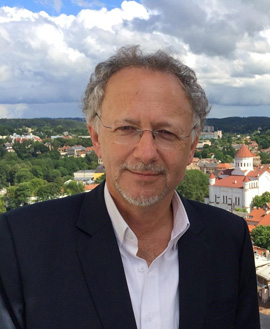
Fernand des Varennes
UN Special Rapporteur UN minorities

Anna-Nicole Heinrich
President of the Synod of the Evangelical Church in Germany (EKD)

Justin Trudeau
Prime Minister of Canada
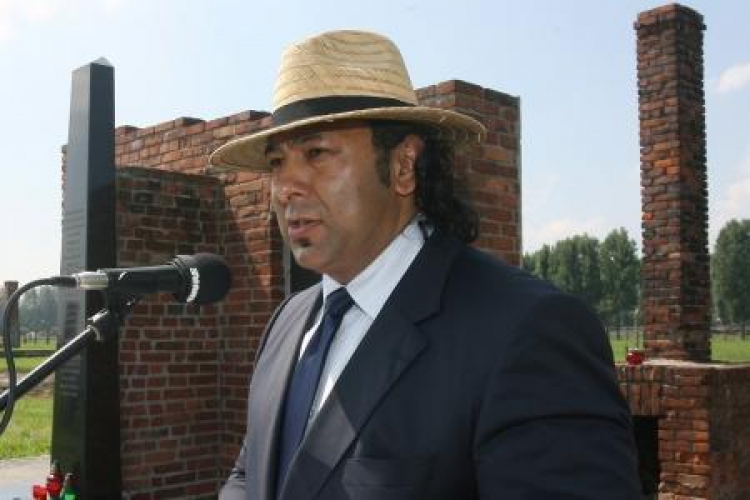
Roman Kwiatkowski
Chairman of the Association of Roma in Poland
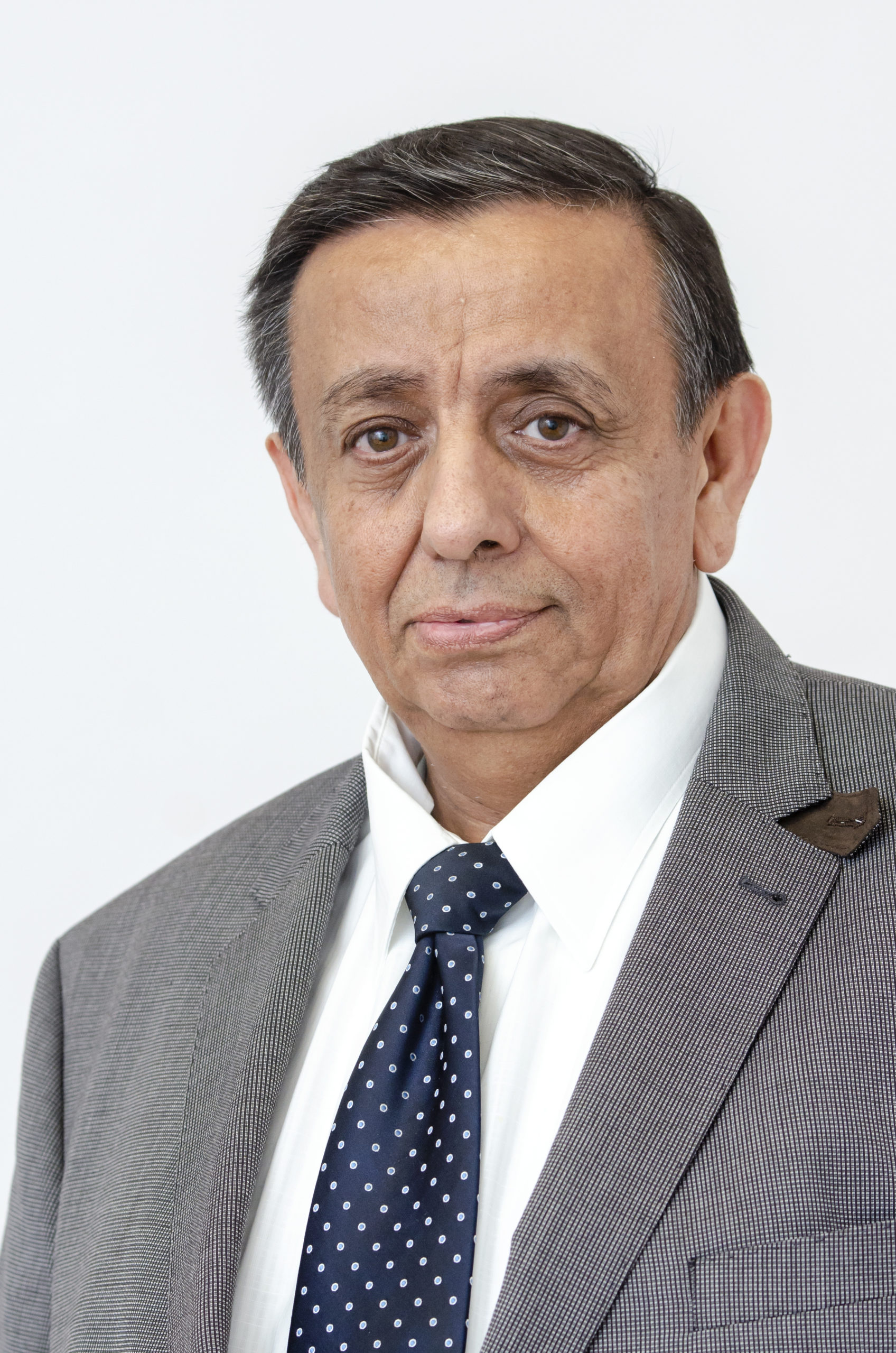
Erich Schneeberger
Deputy Chairman of the Documentation and Cultural Center of German Sinti and Roma and Chairman of the Association of German Sinti and Roma

Timea Junghaus
Executive Director
European Roma Institute for Arts and Culture (ERIAC)
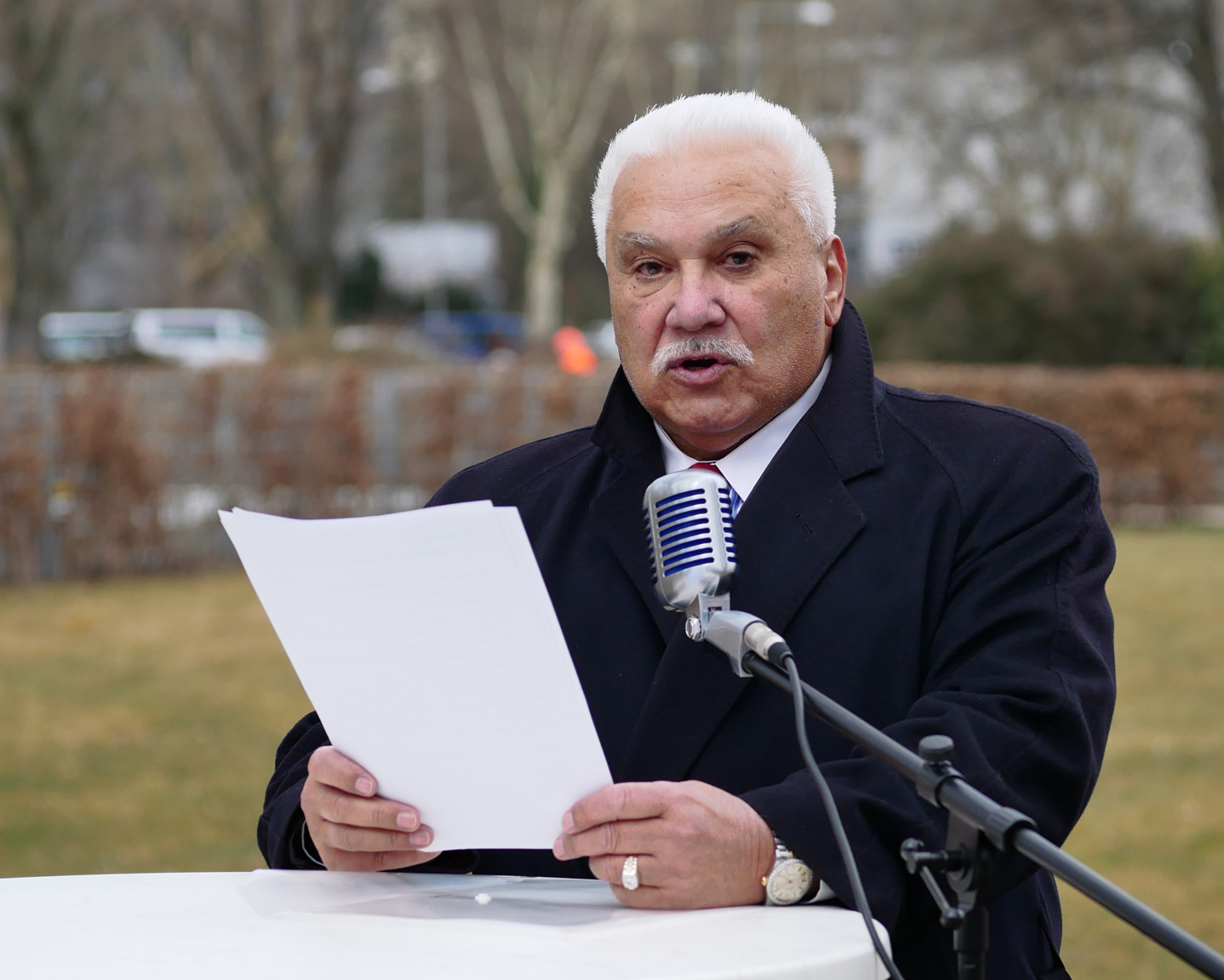
Adam Strauß
Chairman of the Council of German Sinti and Roma in Hesse

Manon Aubry
Manon Aubry, MEP
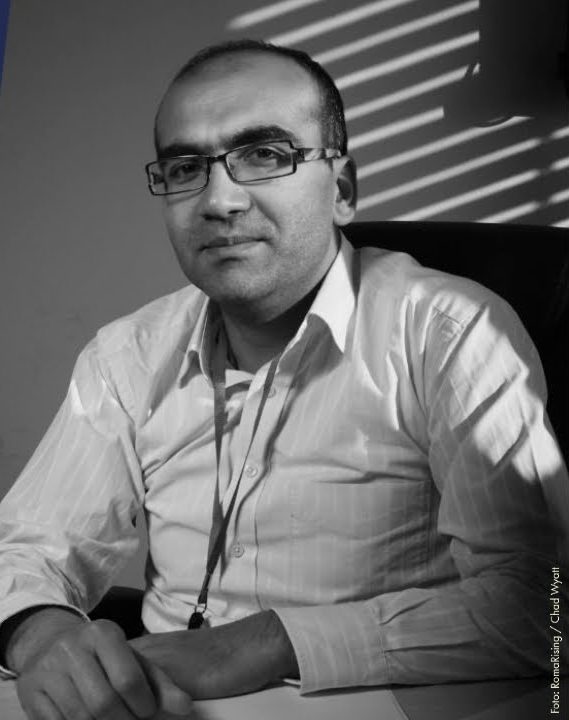
Adrian-Nicolae Furtuna
Historian at the University of Bucharest
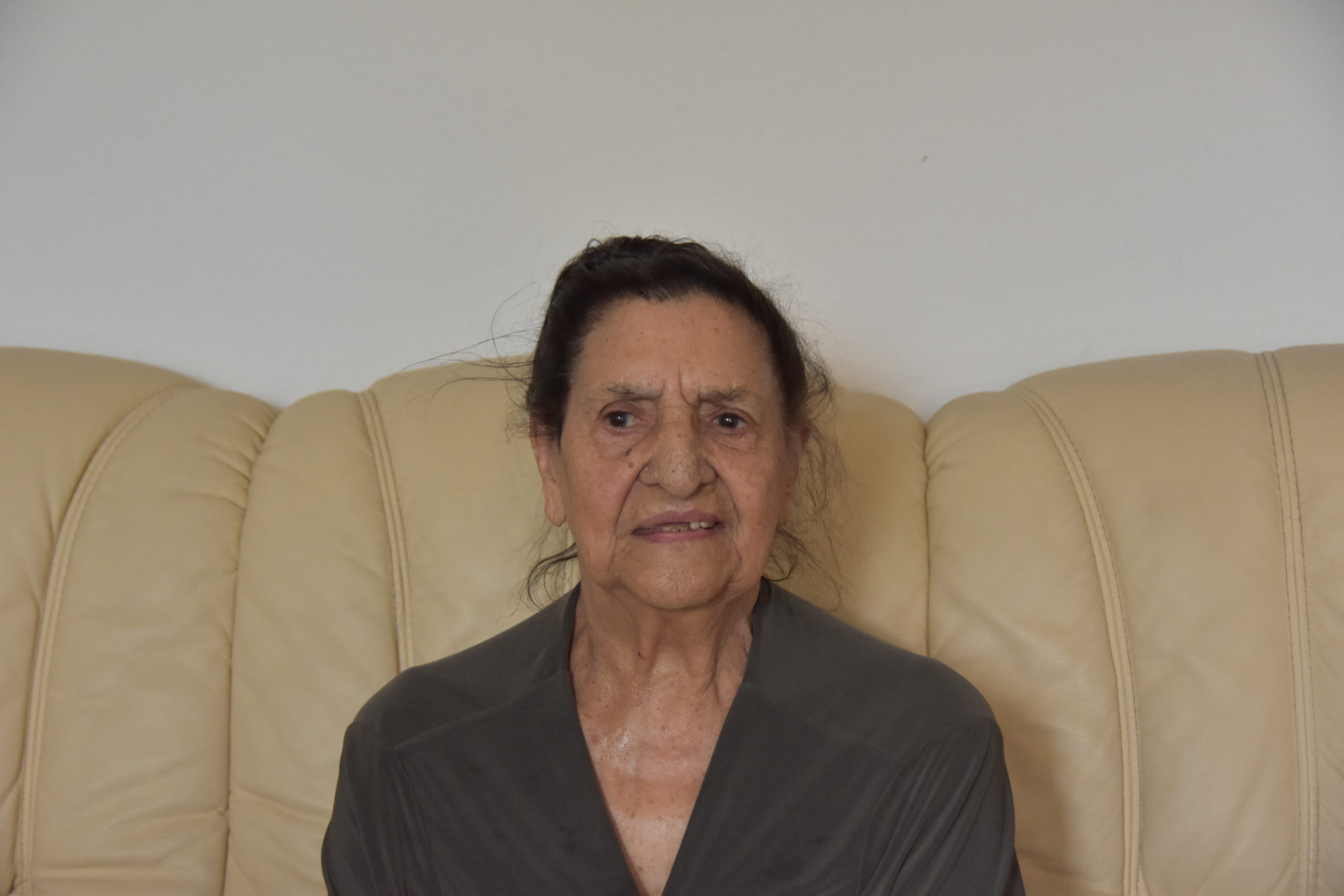
Philomena Franz
Holocaust Survivor

Angelina Kappler
German former Weinkönigin
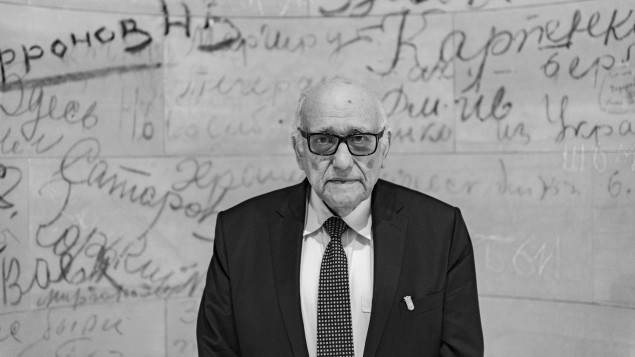
Marian Kalwary
Chairman of the Association of Jews,
Survivors and Victims of the Second World War

Piotr Gliński
First Deputy Prime Minister and the Minister of Culture and National Heritage of Poland

Izabela Tiberiade
Young Activist from Sweden

Ursula Krechel
Writer
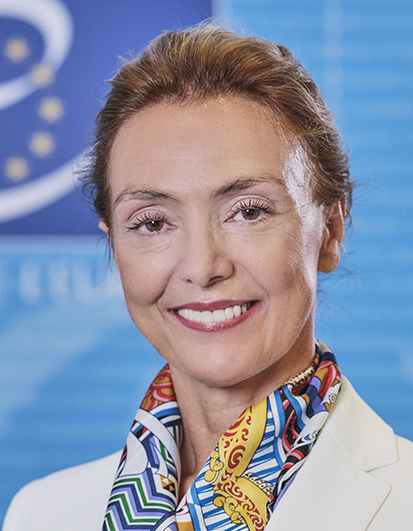
Marija Pejčinović Burić
Sekretarz Generalny Rady Europy

Klaus Iohannis
Prezydent Rumunii










